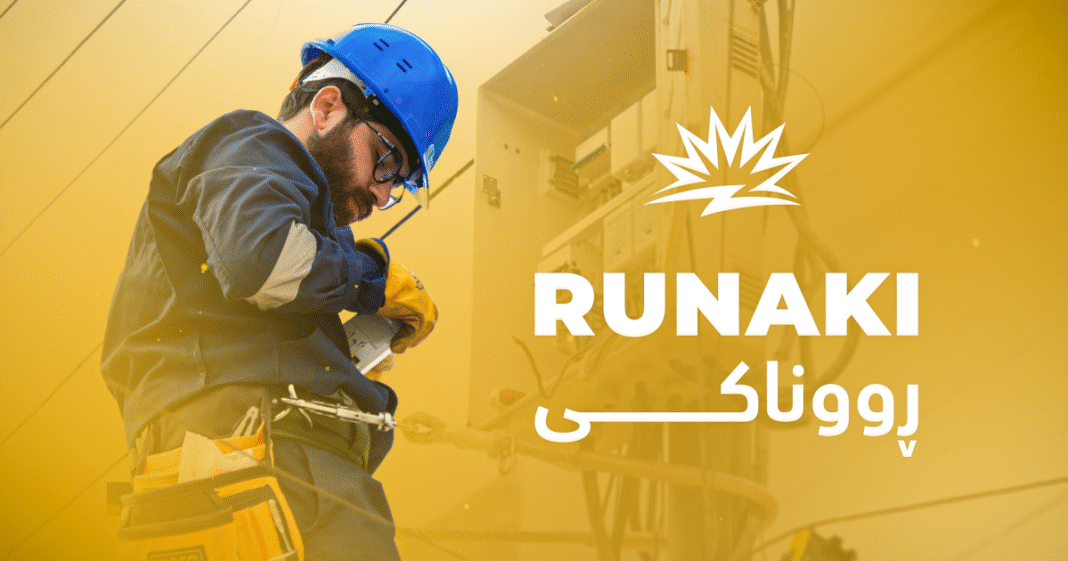The Kurdistan Region of Iraq has faced electricity shortages for many years. To solve this problem, the Kurdistan Regional Government launched the Runaki Project. The word Runaki means light in Kurdish, and the plan seeks to transform the power sector in a systematic way.
The main goal of the Runaki Project is to deliver 24-hour electricity for households and businesses. The government hopes to achieve this within the next few years. If successful, the project will change the daily lives of people across the region. Families will no longer need to depend on noisy and polluting diesel generators. Instead, natural gas power plants will provide stable energy.
However, Runaki Project Kurdistan the new plan faces challenges. One of the biggest concerns comes from consumers. Many people fear that electricity bills may rise under the new system. These higher costs could create social tension and reduce public support. Therefore, the government must balance better service with fair pricing.
The Runaki Project also highlights important economic and political questions. On one hand, reliable electricity could encourage business growth and attract investors. On the other hand, the project requires large financial resources and strong management. Without proper oversight, corruption or weak institutions could limit its success.
Moreover, the reform will create both winners and losers. Businesses and households that can pay for stable electricity will benefit first. But poorer families may struggle if prices increase. This makes the issue of fairness central to the debate. Policymakers need to ensure that the project supports all groups equally.
Another challenge lies in political agreements. The Kurdistan Regional Government must work with different institutions to keep the project on track. At the same time, leaders must build trust among the public by showing results. Strong coordination will be necessary to overcome obstacles and deliver lasting change.
Despite these difficulties, the Runaki Project remains a hopeful step forward. It shows that the government is searching for long-term solutions rather than short-term fixes. If carried out well, it could mark the beginning of a new energy future for the Kurdistan Region.
In conclusion, the Runaki Project offers both opportunities and risks. It promises clean and stable power, but it must also answer hard questions about costs and fairness. Its success will depend on careful planning, good governance, and social trust.


